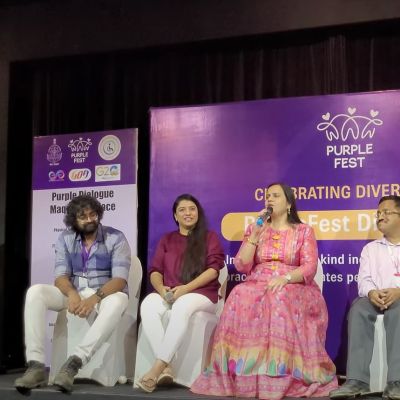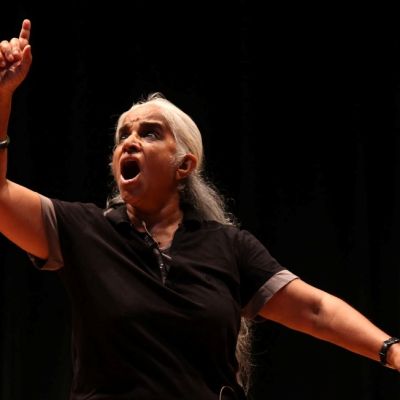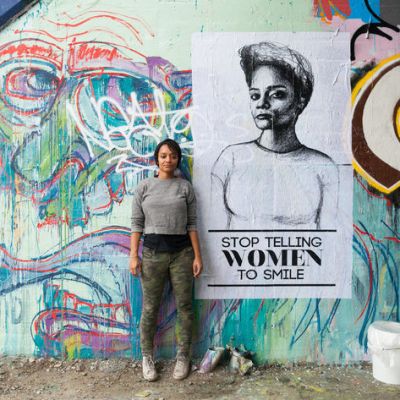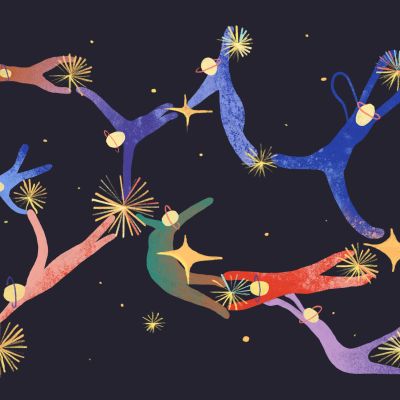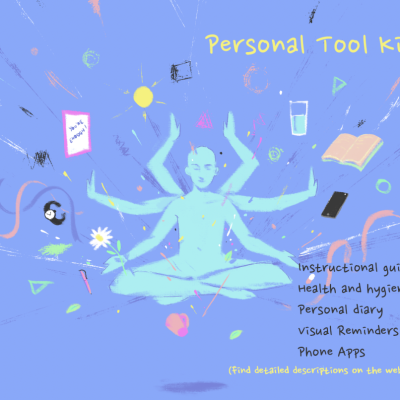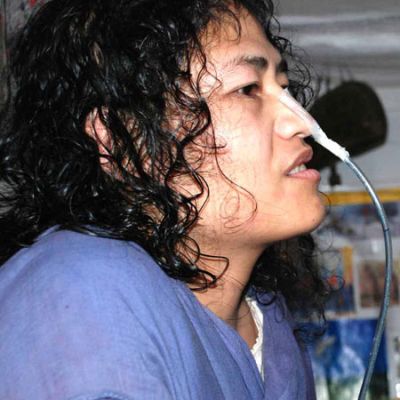Activism
[slideshow_deploy id=’3075′] I’ve always had a ridiculous cartoon view of the world. It’s natural that most of my life I…
Capturing moments of tenderness between these couples as they shine with affection, comfort, and laughter, Sujata’s photo-series reminds us that we don’t simply fall in love, but with time, nurture and strengthen intimacy.
Essentially, the ‘reclaim the night’ or ‘take back the night’ movement fights for a woman’s right to be out and about post sunset.
The conversion of the noun (adult) into the verb form (adulting) implies that ‘adulting’ is more performance than inevitability. Which is to say, there is no intrinsic understanding of ‘adulting’; it is something that can be learnt over time.
The linkages between access, health, violence, the law, workplaces, gender and sexuality are really high and that’s why we all today—whether we are working on street accessibility, education, disability and employment—need to bring and build our collective understanding around gender and sexuality, keeping it at the core of our work with people, youth, and women with disabilities.
Some propositions: Nothing ‘activates’ like art. (I’ll speak here of theatre). It can touch, stir the senses, the head, the…
Tatyana Fazlalizadeh Takes Her Public Art Project to Georgia By FELICIA R. LEE APRIL 9, 2014 Tatyana Fazlalizadeh pasted her self-portrait Friday…
If I had a dollar every time I heard an opponent of abortion rights say something like “If you remove the option for abortions, women will stop getting them,” it’s safe to say I would go up a tax bracket or two. In many places today, Global South or North, I would need all of those dollars in order to travel a considerable distance for an abortion that may neither be legal nor safe.
But self-care is not a clean and happy procedure, it is not definitively achievable when systematically explored. To understand the scope of self-care we need to see the ‘dark side’ of the landscape, and destroy the versions of self-care that denounce our plurality. In this fight, the only outcome can be a recognition of experiences beyond the wellness narrative structured around the neoliberal agenda. This article is an attempt at foregrounding some aspects of self-care that decentralise the prevalent commodification of it.
But self-care is not a clean and happy procedure, it is not definitively achievable when systematically explored. To understand the scope of self-care we need to see the ‘dark side’ of the landscape, and destroy the versions of self-care that denounce our plurality. In this fight, the only outcome can be a recognition of experiences beyond the wellness narrative structured around the neoliberal agenda. This article is an attempt at foregrounding some aspects of self-care that decentralise the prevalent commodification of it.
The pandemic has put us through interesting times, to say the least – of reflecting, learning, realigning, thinking about what really matters, a time to pause and care for ourselves with kindness. At TARSHI, we’re just delighted to have been able to do the same – while also sharing something of what we’ve learnt with you.
In a country like India where both mental health and non-binary identities are topics that are neglected despite being essential parts of an individual’s identity, it can be quite challenging to navigate through issues regarding the same. Accessibility to affordable and quality mental health services is a serious difficulty that the queer Indian population faces.
Irom Sharmila, a civil rights activist from Manipur began a hunger strike in November, 2000 which is still going on….





